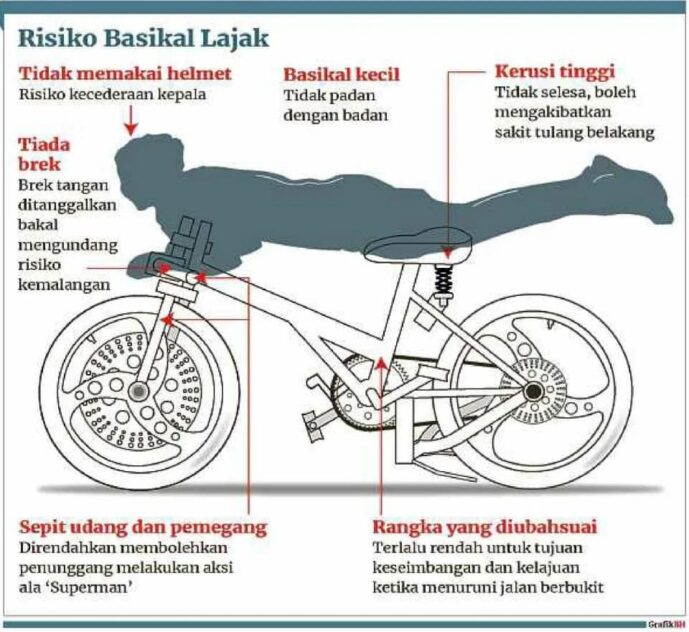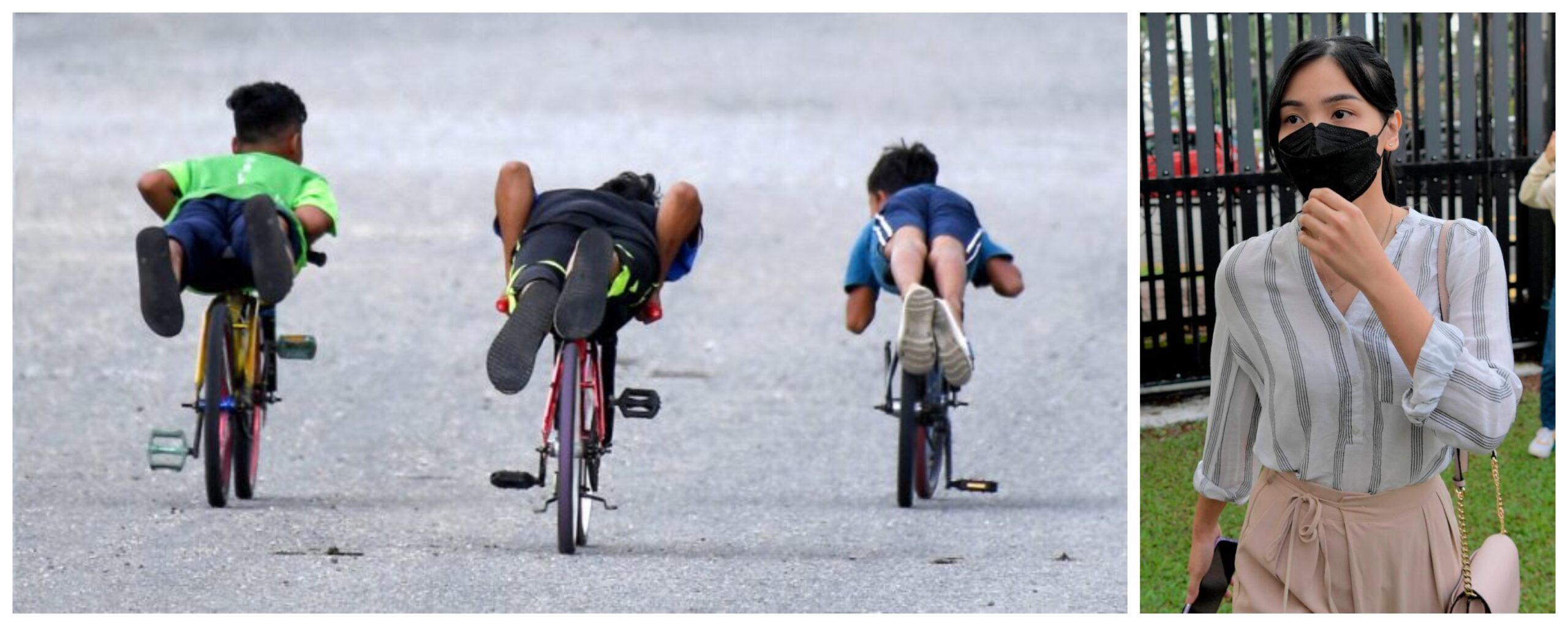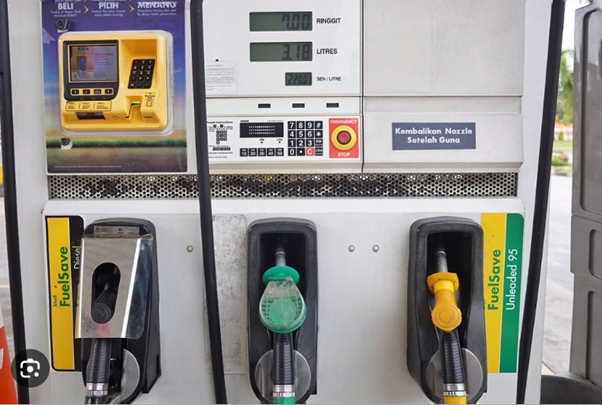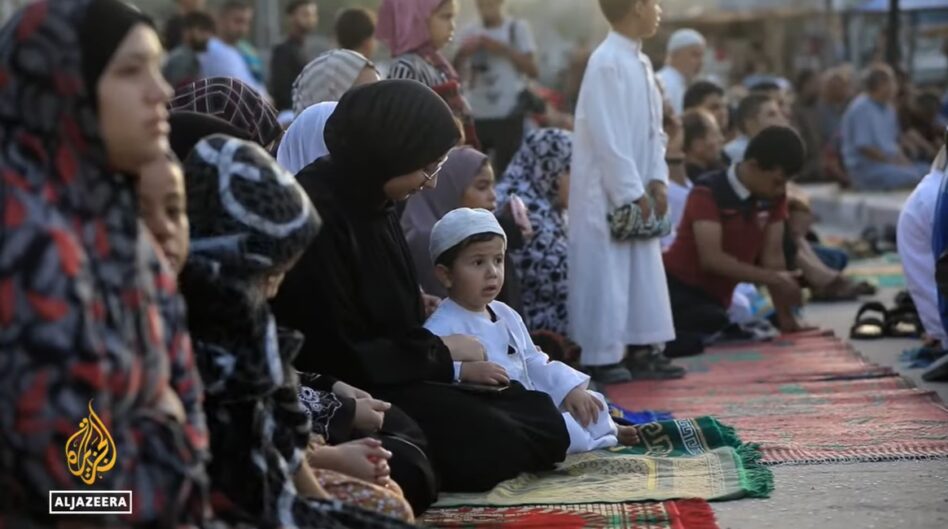Editor’s note: This ‘evergreen’ rambling first appeared on the writer’s Facebook account on Nov 5, 2019 as a reaction to sales promoter/clerk Sam Ke Ting’s first acquittal by the Johor Bahru’s Magistrate’s Court on Oct 28, 2019 for reckless driving which led to the fatal accident involving eight teenagers aged between 13 and 16 on “basikal lajak” at 3:20am on Feb 18, 2017.
YES, the driver is not to be blamed for the deaths of the kids on “basikal lajak”. We are all to be blamed.
We have failed to provide safe spaces for children to express themselves, and we have failed to support parents within the lower economic bracket. So I am against the suggestions to further punish children or punish parents for failing to supervise their children.
We need to understand that the capitalist economy we live in means that some poorer parents have to work more jobs, thus leaving their children unsupervised. If we want children better cared for, society needs to better care for poor parents, too.
We need to advocate for better living wages, fairer treatment of women at work, more accessible social services for parents and children, more promotion of better family planning and empowerment of women and girls – more creative outlets that allow kids to express and teaches us to listen to them better.
Punishing parents for the conditions of their lives does not solve these conditions. It only makes it worse if we are to fine poor people, put them in jail or remove their children from them.
Criminalising something is the laziest and also the least effective manner of solving a social problem. It is akin to sweeping the problem under the carpet, until we trip on it.
Better education, better empowerment, and better access is what we need – but they take more time, more political will, more concerted communal effort by all of us.
Ask and research why are these parents unable to supervise their children. Ask what can the state do and what can we all do together.
But we are so divided. When I say we need to care better, I mean we need to provide care that is not race-based because that just breeds a mentality of division and prevents us from seeing this issue collectively. And on top of race, we also have class.

‘Breaking chain of violence’
The capitalist logic we live in already determined which activities of children are deemed productive and which are not. So some kids rebel against the futility of this productivity from which they are already outcast. When life feels futile, you are left to race with death. It is one way to escape the chains.
But then some of us see these kids as symptoms of another class – as unproductive pests. And we want to protect our good kids from being harmed by this class.
Meanwhile, they see their poverty as a racial issue, of others taking up what is theirs. And this dual capitalist-racial logic of our nation prescribes who our kids get to play with.
Class prevents those who have more from helping because we think they are just lazy and deserve to be punished. But we are all complicit in sustaining this class that divides us.
We have built our highways with race and filled it with vehicles of capitalism. Or is it the other way round? Either way, big wheels are rolling, many will have to be sacrificed.
Meanwhile, everybody is blaming other parents as if the problem is just a few bad individuals. Nobody is asking how we have produced this – and what can we do as a society.
However, if we try and see these children as ours, what changes would we like to see to help these parents and children to achieve their potential as they see it themselves? Where can they go to be free to race with themselves without needing to always compete with those who will always have more than them? – April 15, 2022
A student of Gender, Sexuality & Culture at Birkbeck, University of London, Pang Khee Teik is co-founder at Seksualiti Merdeka and programme manager at Innovation for Change (East Asia).
The views expressed are solely of the author and do not necessarily reflect those of Focus Malaysia.










